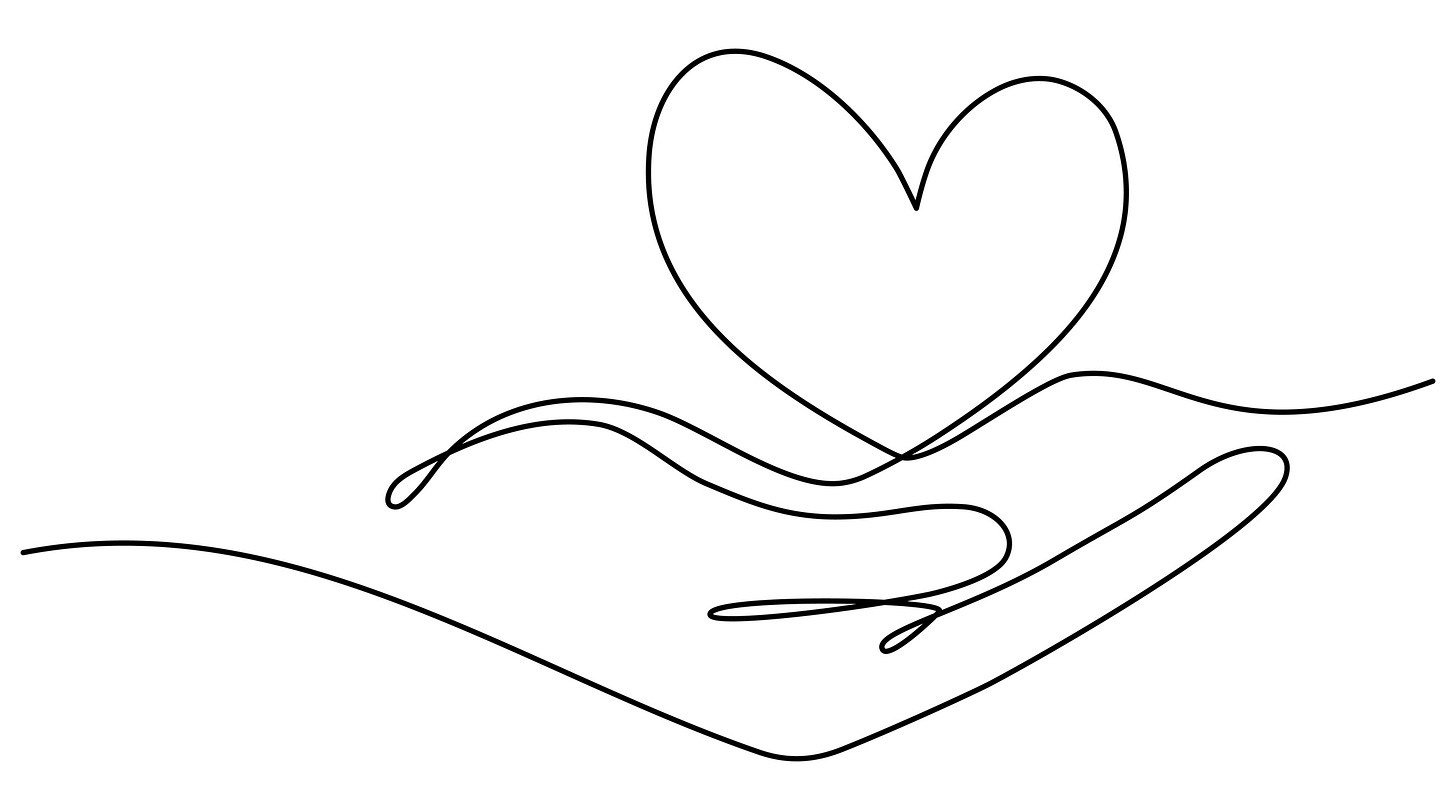Apologizing Sucks.
We all have room to grow if we allow ourselves the chance.
Today, I had to write another note to apologize for my actions. Lovingly called in by a friend, I put on my big people clothes and apologized.
Let’s be clear. Apologizing sucks.
I hope my note was genuinely repentant, devoid of excuses, and absent of transactionalism, but we shall see. We are all works in progress.
After I hit send, I went back to the Kin…
Keep reading with a 7-day free trial
Subscribe to The Amalgamation to keep reading this post and get 7 days of free access to the full post archives.



